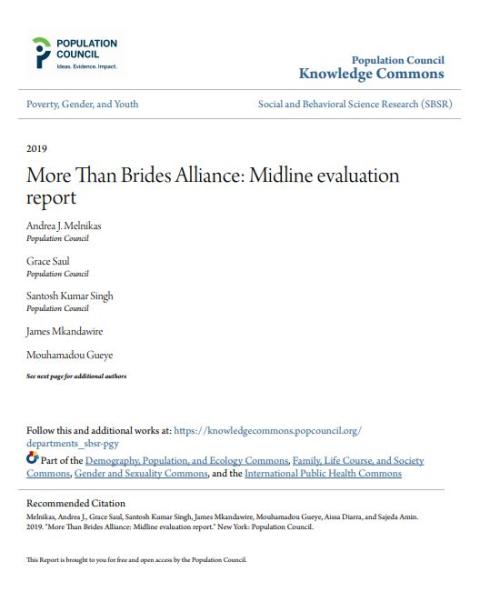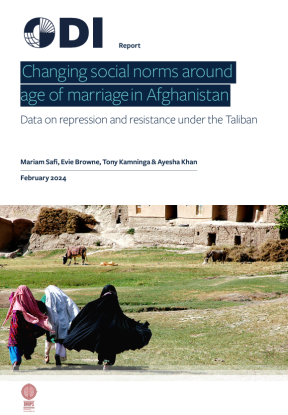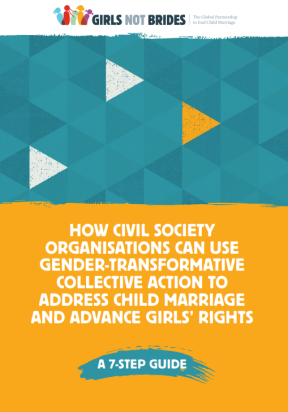- Report
- 1 July 2019
More Than Brides Alliance: Midline evaluation report
- Author: Andrea J. Melnikas, Grace Saul, Santosh Singh, James Mkandawire, Mouhamadou Gueye, Aissa Diarra, Sajeda Amin
- Published by: Population Council

Despite declines in recent years, child marriage, or marriage before the age of 18, remains a significant issue. In response to the need for targeted community-level interventions to delay marriage and improve sexual and reproductive health for adolescent girls in India, Malawi, Mali, Niger, and Pakistan, the More than Brides Alliance (MTBA) was formed, bringing together the strengths of a diverse team skilled in adolescent program implementation and research.
The research component of MTBA seeks to contribute evidence and knowledge on what works to delay child marriage through evaluating the MTBA intervention package and examining specific drivers of child marriage in each context. The MTBA intervention package includes a holistic community-level intervention that aims to: delay marriage; increase awareness of and access to sexual and reproductive health and rights (SRHR) services; enroll and keep girls in school; build girls’ confidence and empower them to advocate for their own rights; increase access to economic opportunities for girls; and promote legal and policy environments protective of girls’ and women’s rights. Drawing on the skills of local implementation partners, the MTBA approach varies from one country to the next, but includes activities related to the core outcome areas as described in this report.
This report aims to assess the successes of the program to-date, to contextualize findings in light of larger social trends that may explain changes on some indicators (such as increased political pressure to end child marriage), and to consider programmatic strategies that may be suitable for adaptation based on midline findings. Taking stock of the program at its midpoint, this report looks to the data to provide insights into possible programmatic adaptations that could help MTBA achieve desired outcomes by endline in 2020.
- Tags:
- Child marriage
- Countries / Regions:
- Global
Report
22 February 2024

Toolkit
16 May 2023

Report
3 March 2023
